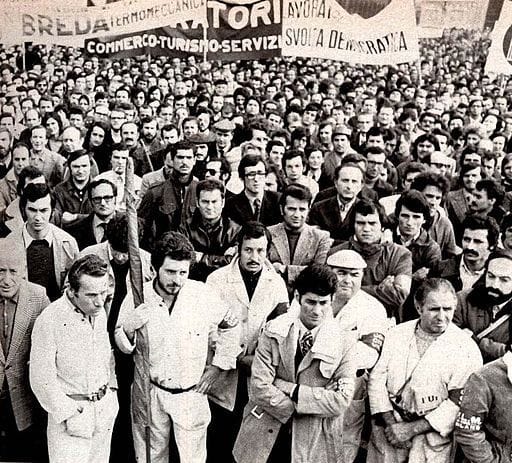
FREE, ONLINE professional networking events: subscribe here to receive email announcements!
Add [email protected] to your address book so you don’t miss newsletter issues from us!
They want us desperate.
They want us isolated, hopeless, exhausted.
They want us burned out… Worn out.
Um… and who's “they,” exactly? Am I talking about politics yet again?
No… at least not for the moment… but you'll see that it's all connected.
I’m talking about “ghost jobs”: job posts for jobs that don’t exist and may never exist. You’ve probably heard about ghost jobs before (the term is very 2024), but I think they're worth talking about in a broader context than just employment. In 2024, the organization Resume Builder surveyed over 1,600 hiring managers to explore the nature of ghost jobs. Out of the 649 respondents, 62% gave the following reason for posting such a job:
“Make employees feel replaceable”
‘Cuz it's a free market, bro! Supply and demand; negotiation… it's all The Art of the Deal. So if you can keep your costs down by making your employees feel replaceable so that they don't ask for higher wages, they don't ask for more benefits, and they don't ask to be treated with more respect, why would you not?
If you have that kind of power over your costs, why would you not use it?
A long time ago I was talking with a good friend about how to think like a billionaire:
Use your money to get more money… or they’ll take your money from you
Use your power to get more power… or they’ll take your power from you
In fact: if you have the power to convince a broad swath of people that “this is the best system we can have,” why would you not use that power too?
This is why solidarity is so important. In a world where money is power and power is also power, we need ways to amplify our power… and the way we amplify our power is by working together and applying pressure as a group. The few people on Earth who already have significant power know this very well… which is why they need to continually push the myth of rugged individualism in combination with the fatalist worldview that “hey, sometimes pain and suffering is just what life is.”
There is no way they're going to tell us about our own potential power… because they fear it.
Where to find the perspectives you’ve been missing
FIRST: Subscribe to the Morning Tinto podcast, where my friend Heather Luna and I use the lenses of oppression and resistance to talk about events that happen right before recording.
SECOND: Subscribe to our professional offers-and-needs networking events announcement list. Heather and I regularly host FREE online events where professionals can offer help (free or paid) and ask other professionals to meet their needs.
THIRD: Follow these awesome folks on LinkedIn:
Heather Luna of keduzi: workshopping pro-connectedness and anti-oppression as a way of life
Lavinia Muth: deconstructing the (un)sustainable fashion industry
Dr. Vidhya Shankar, Ph.D: decentering whiteness in evaluation of non-governmental organization projects
FOURTH: Forward this issue to people you know who are doing decolonial and anti-oppression work.
Got something to say to me?
I’m Chris, the Principal of CJSC, LLC, and I’m (un)learning along with all of you — so hit the “reply” button and give me a piece of your mind!
Did someone send you this issue? Subscribe now to receive future newsletters like this.
Know someone who needs to see this issue? Hit the “Forward” button in your email app and send this to them.
My position
My name is Chris Musei-Sequeira, and I use he/him pronouns. My mother was born in Trinidad and Tobago as a descendant of African slaves brought to the islands during the time of European colonization. She came to the United States of America (USA) at the age of 10. My father is Goan and was born in India, in Mumbai, and raised Catholic and English-speaking. He came to the USA for his graduate studies, where he met my mother.
My sister and I were born in the USA and lived a middle-class life in the suburbs of multiple American cities. I studied aeronautical engineering and technology policy in university, then worked at the Federal Aviation Administration and as an aviation consultant. I've lived in cities up and down the USA East Coast since the age of 18; I now reside in Queens, New York with my wife.
I thank Heather Luna and Lavinia Muth for showing me the importance of publicly expressing our positions. Because of our positions, all of us are very familiar with some aspects of the world while having no idea of other aspects. Positionality expresses how our individual positions affect our relationships with other people and with the world as a whole.
Introductory image: File:Labor strike in Milan, 1975.jpg - Wikimedia Commons. (1975, January 25). Last accessed 19 May 2025 from LINK. This work is in the public domain. Image unmodified.

